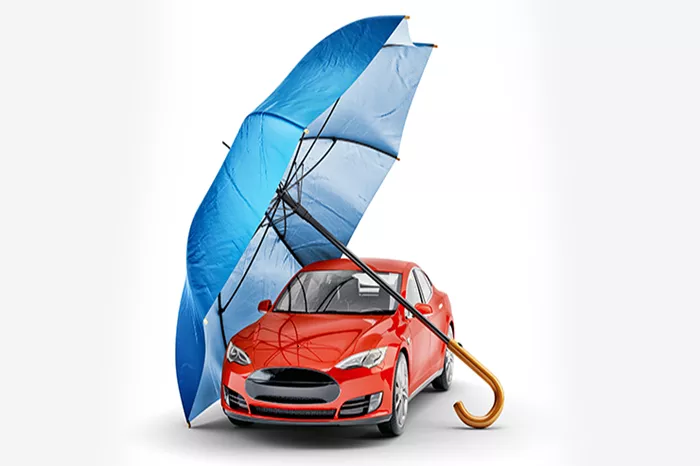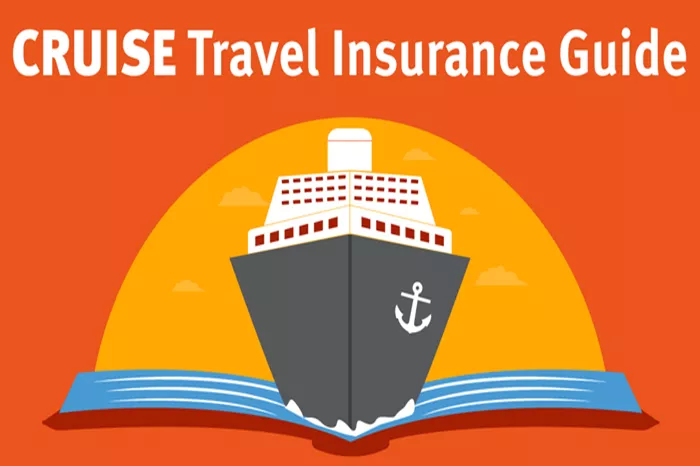Deciding whether to cancel your car insurance is a significant decision that can impact your financial stability and legal standing. In this comprehensive guide, we will explore the key factors to consider before making such a decision. We will discuss the reasons why you might consider canceling your car insurance, the potential risks involved, and the steps you should take to ensure you make an informed choice. By the end of this article, you will have a clearer understanding of whether canceling your car insurance is the right move for you.
Understanding the Importance of Car Insurance
Car insurance is a legal requirement in most places and serves several critical functions. It protects you financially in case of accidents, theft, or damage to your vehicle. It also provides coverage for liability in case you cause harm to others. Before deciding to cancel your car insurance, it is essential to understand what you would be giving up and the potential consequences of such a decision.
Reasons You Might Consider Canceling Your Car Insurance
1. Financial Constraints
Financial hardship is one of the most common reasons people consider canceling their car insurance. If you are struggling with bills and other expenses, the cost of maintaining car insurance might feel like an unnecessary burden. However, it’s important to weigh this against the potential costs of being uninsured.
2. Selling Your Car
If you have recently sold your car or are planning to do so, you might consider canceling your insurance. However, ensure that you have properly notified your insurance provider and that the policy is officially terminated to avoid any potential issues.
3. Vehicle Storage
If you are putting your car into long-term storage and do not plan to drive it for an extended period, you might contemplate canceling your insurance temporarily. In such cases, you should look into options like comprehensive coverage, which can protect against theft and damage while the vehicle is not in use.
4. Switching Providers
Sometimes, people consider canceling their car insurance because they want to switch to a different provider offering better rates or coverage options. It is crucial to ensure that your new policy is in place before canceling the old one to avoid any lapse in coverage.
Risks of Canceling Your Car Insurance
1. Legal Consequences
Driving without insurance is illegal in most jurisdictions. If you cancel your insurance and continue to drive, you risk facing significant legal consequences, including fines and penalties. Additionally, if you are involved in an accident while uninsured, you may be held personally liable for all damages and medical expenses.
2. Financial Liability
Without insurance, you are responsible for covering the costs of any damage to your vehicle or others’ property. This can be financially devastating, especially if you are involved in a serious accident. Car insurance provides a safety net that can protect you from unexpected expenses.
3. Difficulty in Obtaining Insurance Later
If you cancel your car insurance and later decide to obtain a new policy, you may face higher premiums due to a lapse in coverage. Insurance providers often view gaps in coverage as a risk factor and may charge higher rates as a result.
4. Impact on Your Credit Score
Some insurance companies report cancellations to credit bureaus. A canceled policy might negatively impact your credit score, making it more challenging to secure loans or obtain favorable interest rates in the future.
See Also: Can I Cancel My Car Insurance for 1 Month?
Steps to Take Before Canceling Your Car Insurance
1. Evaluate Your Current Policy
Review your current insurance policy to understand what coverage you have and what you might lose if you cancel it. Consider the types of coverage, deductibles, and limits to determine if there are any options to reduce costs without canceling altogether.
2. Compare Insurance Providers
If you are considering canceling your insurance due to cost, take the time to compare quotes from other providers. You might find a policy with similar or better coverage at a lower rate.
3. Contact Your Insurance Provider
Before canceling, contact your insurance provider to discuss your options. They may be able to offer you discounts or adjust your policy to better fit your financial situation. Additionally, they can guide you through the cancellation process and ensure all necessary steps are taken.
4. Plan for Continuity of Coverage
If you decide to switch providers or cancel your insurance temporarily, make sure you have a plan in place for continuity of coverage. Avoid any gaps in your insurance, as this could lead to legal and financial complications.
5. Understand the Cancellation Process
Familiarize yourself with the cancellation process for your insurance policy. This includes understanding any fees associated with early cancellation and ensuring you receive confirmation of the policy termination in writing.
Alternatives to Canceling Your Car Insurance
1. Adjusting Coverage
If cost is a concern, consider adjusting your coverage rather than canceling your policy. Reducing coverage limits, increasing deductibles, or removing optional coverages can lower your premiums without leaving you completely unprotected.
2. Bundling Policies
Many insurance providers offer discounts if you bundle multiple policies, such as car and home insurance. Combining policies with the same provider can lead to significant savings.
3. Using Usage-Based Insurance
If you drive infrequently, usage-based insurance might be a cost-effective option. These policies adjust premiums based on your driving habits and mileage, potentially lowering your costs if you drive less often.
4. Exploring Government Assistance Programs
In some areas, government assistance programs are available for those facing financial hardship. These programs may offer reduced insurance rates or other forms of financial aid to help maintain coverage.
Conclusion
Deciding whether to cancel your car insurance requires careful consideration of the potential risks and benefits. It is essential to evaluate your financial situation, understand the consequences of being uninsured, and explore all available options before making a decision. Remember that maintaining adequate car insurance is not only a legal requirement but also a crucial aspect of protecting your financial well-being. If you are unsure about the best course of action, consider consulting with an insurance professional who can provide personalized advice based on your unique circumstances.






















